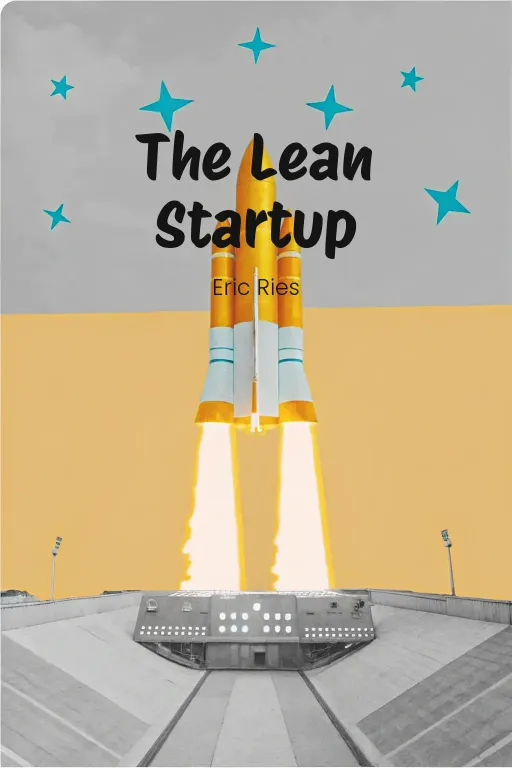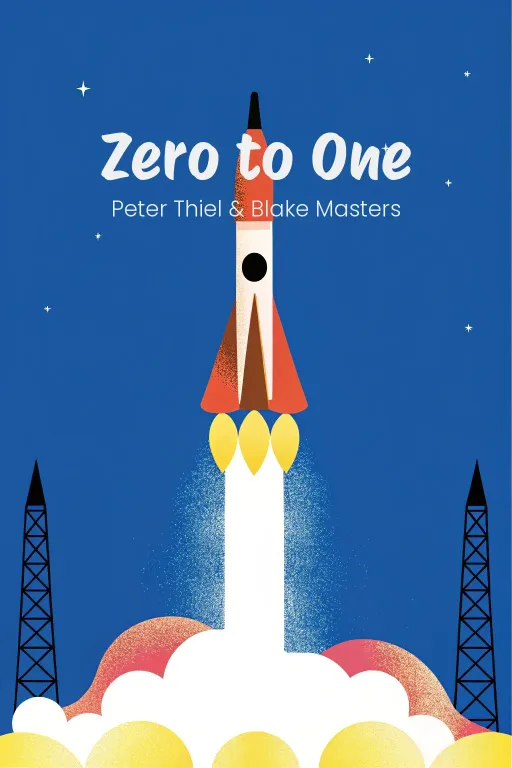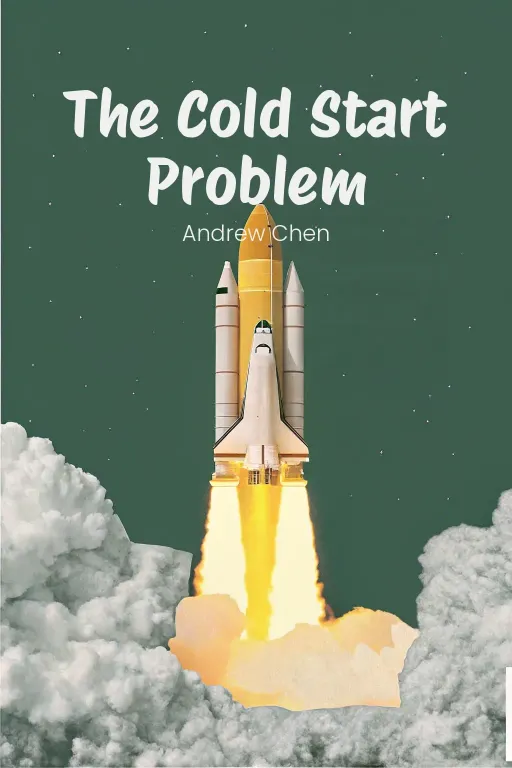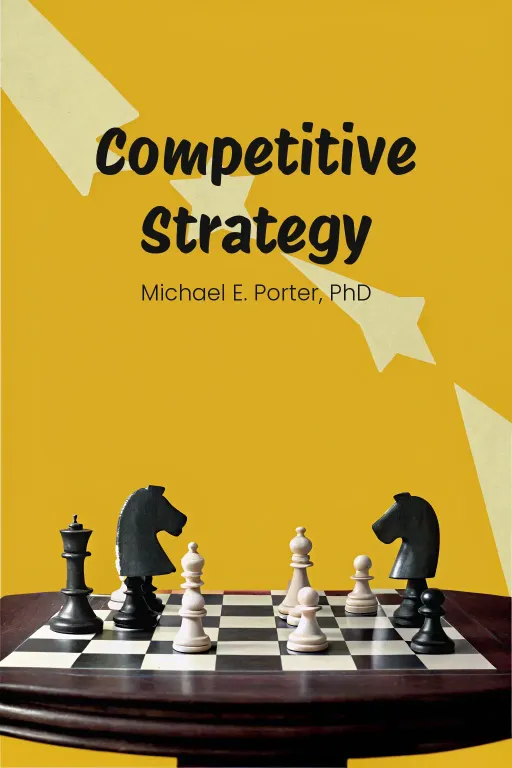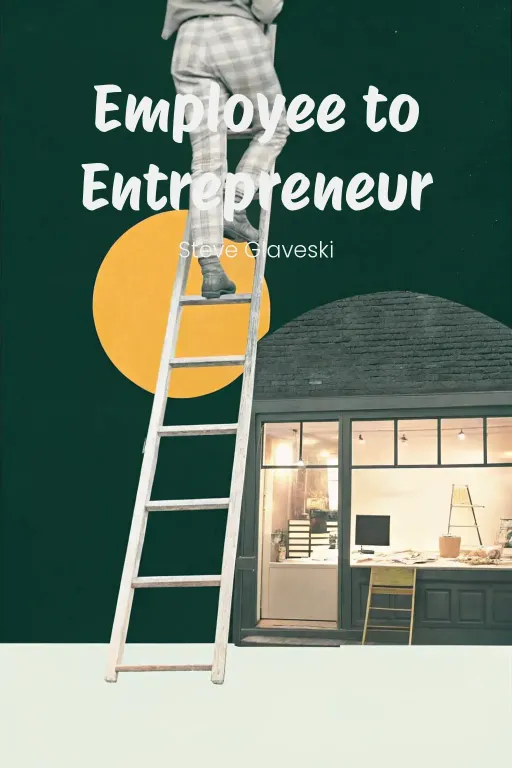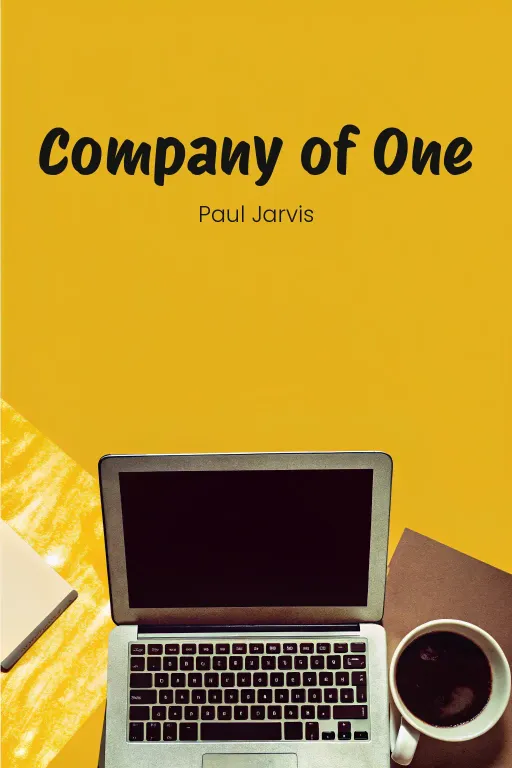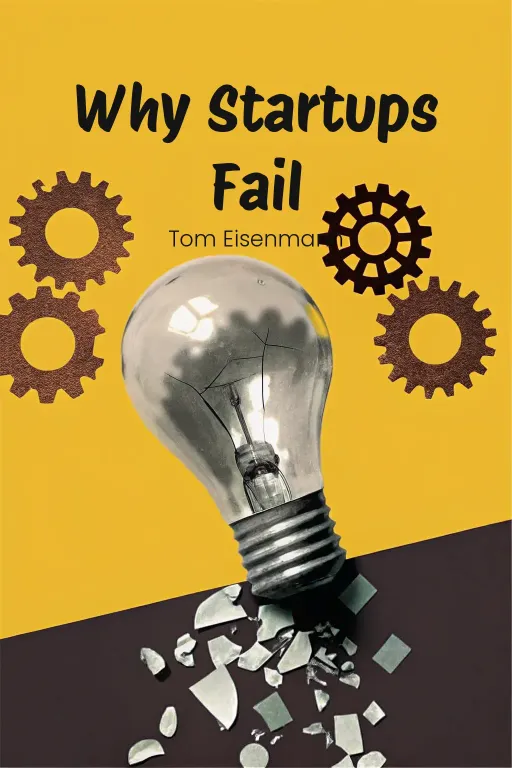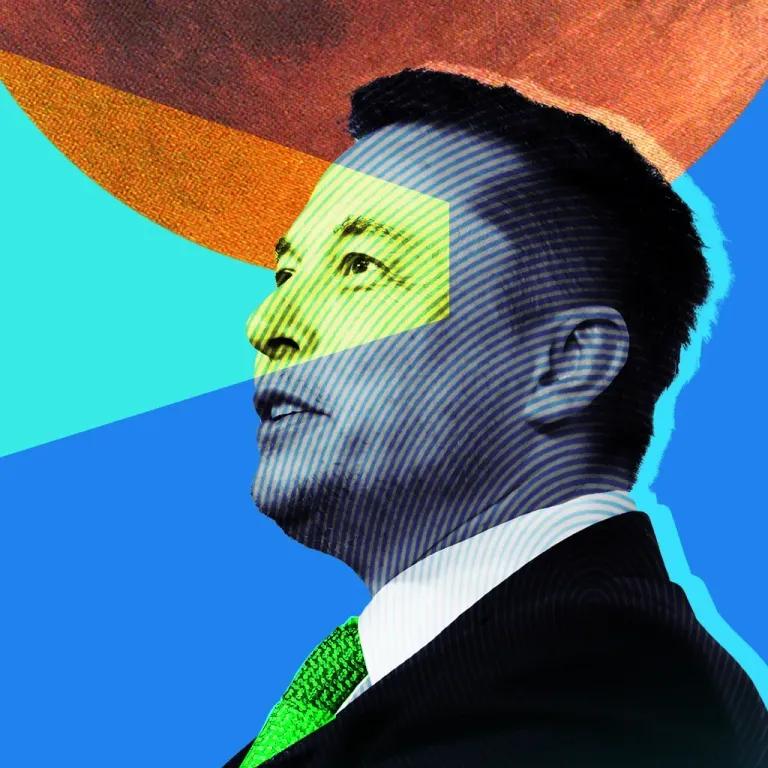
Future-Proof: Lessons from Elon Musk
Podcast by Let's Talk Money with Sophia and Daniel
Tesla, SpaceX, and the Quest for a Fantastic Future
Introduction
Part 1
Daniel: Hey everyone, and welcome back to the show! So, Sophia, when’s the last time you saw an electric car or a rocket that lands itself and thought, “Wow, this isn't just some sci-fi movie anymore?” Because that’s the world Elon Musk is helping to build. Sophia: Right? It's either, “This guy's a visionary!” or “This guy's completely out of touch with reality.” No matter how you see him, you can’t deny that Musk made an impact, you know? Daniel: Exactly! And that's why we're talking about the biography “Elon Musk: Tesla, SpaceX, and the Quest for a Fantastic Future” by Ashlee Vance. It’s a deep dive into what makes Musk tick, from a pretty intense childhood in South Africa, all the way to shaking things up in Silicon Valley with Tesla, SpaceX, and everything else. It really shows you what it takes to completely disrupt industries and build them back up. Sophia: So, we're going to break this down into three key areas that are really the backbone of Musk’s journey. We are talking about the influence of his early days and background, the game-changing moves at Tesla and SpaceX, and finally ambitious plans for sustainability and becoming an interplanetary species. Let’s be real, love him or hate him, Elon Musk definitely leaves a mark. Daniel: Absolutely. Love him or hate him, he is changing things. Let's get started.
Elon Musk's Visionary Leadership and Early Influences
Part 2
Daniel: Okay, let’s dive right in, shall we? Musk’s childhood in South Africa… it reads like a bizarre mashup of sci-fi and a survival manual. His early life? Let's just say it wasn't exactly a picnic. Sophia: Understatement of the year! Growing up in apartheid-era South Africa, a place defined by rigid rules and old-school thinking, isn't exactly a recipe for birthing the next Tony Stark. Throw in some bullying and, shall we say, “family challenges,” and, well, it’s no wonder he ended up so driven. Daniel: Exactly! Musk was this deeply thoughtful kid, a bit of an outsider. He escaped into books. Isaac Asimov’s Foundation series had a massive impact. He's said it fueled his belief in the importance of advancing civilization. Isn't it fascinating how that early love for sci-fi shaped his later goals, like, oh, colonizing Mars? Sophia: Right, so while other kids were learning how to tackle, he was coding a video game at age 12? Blastar, right? A kid in the early '80s coding and SELLING a game about blowing up alien ships? Seriously, that's next-level, even for Silicon Valley prodigies. Daniel: And he made $500 from it! That must have been an insane confidence boost. Imagine being 12 and thinking, "Hey, I can solve problems and people will actually pay me for it!" It’s a small thing, but so formative—proving to himself that creativity and tech can combine to create something real. Sophia: But, let’s not sugarcoat it – there was some serious hardship too. That incident where he was beaten so badly at school he had to be hospitalized? That’s not something you just shake off. Most people would’ve been crushed by something like that. But Musk? He seemed to use it as fuel, as motivation to build a world where he could thrive on his own terms. Daniel: Absolutely. Leaving South Africa at 17 wasn't just about avoiding military conscription. It was Musk declaring, “If I want to do something huge, I need to control my environment." Using his mother’s citizenship to move to Canada was a smart way to access opportunities in North America. Sophia: And then he's at Queen’s University, working non-stop and networking like crazy, right? Say what you will, the man's always been exceptional at grabbing opportunities and connecting with people. I read that he met Justine, his first wife, in college – charming her with ice cream. How do you go from coding Blastar to romantic gestures? Daniel: Musk's always had this mix of incredible ambition and strategic charm. Queen’s wasn't just about academics. It's where he and his brother Kimbal started mapping out their future. Their road trips were a key moment. You can just picture them brainstorming in diners, scribbling ideas on napkins, dreaming about how technology could solve big problems. Sophia: And that brainstorming eventually led to their first big win, Zip2. I mean, the concept seems pretty obvious now – putting local businesses on an online map. But to have that vision in the mid-90s? When most people were still saying, "What is the internet?" That's foresight on steroids. Daniel: And Zip2 didn’t just magically appear, right? Musk and Kimbal basically lived in their office just to stay afloat. They had to convince big newspapers to trust their digital platform when the web was still a complete unknown. That sheer grit is a recurring theme in Musk’s story. He’s always been willing to throw himself completely into an idea, no matter the cost. Sophia: Which is either incredibly inspiring or deeply worrying, depending on your perspective. But Zip2 worked! Compaq bought it for $307 million. Suddenly, Musk has his first major success and immediately jumps into the next venture. Daniel: Enter X.com. Musk’s vision for transforming finance feels so ahead of its time now. Online banking? Secure digital payments? That was radical back then. Most people know it as PayPal after the merger with Confinity, but Musk's idea was an all-encompassing financial platform. Basically, what apps like Venmo and digital wallets are today. Sophia: Naturally, he bumped heads with his team. Musk’s leadership style back then was… well, the Wild West in startup form. He was pushing people to the limit, barely sleeping, micromanaging. Clearly, it got results, but it also got him fired! Ousted as CEO, and while he was traveling, no less! The man just can’t catch a break when it comes to being blindsided. Daniel: True. But even getting fired from PayPal turned into a win. When eBay bought the company for $1.5 billion, Musk walked away with $165 million. That cash wasn’t just a safety net; it was gasoline on the fire of his ambition. Sophia: So, the guy starts with nothing in South Africa, gets bullied, codes a video game, builds and sells companies, and now he has a war chest to fund his real ambitions. You know, Musk’s early life and career make for one hell of a blueprint for anyone dreaming of shaking up the world. Daniel: And those early experiences – resilience, creativity, relentless problem-solving – they shaped the mindset that would eventually tackle even bigger challenges, redefining transportation, space exploration, and renewable energy. Resilience wasn’t just something he learned; it became his edge.
Revolutionizing Industries: Tesla and SpaceX
Part 3
Daniel: So, this foundation of resilience and innovation really set the stage for Musk to tackle some seriously ambitious projects, those that would completely shake up entire industries. Today, we’re diving into two of his biggest ventures: Tesla and SpaceX. We're talking about revolutionizing how we power our cars and completely rethinking our place in space; I mean, these are huge undertakings. Sophia: So, if I'm hearing you right, in Musk's world, worrying about the small stuff, like, “What should I binge-watch tonight?” just doesn't cut it. He's laser-focused on climate change and, you know, the long-term survival of humanity itself. Talk about aiming high. Daniel: Exactly! This natural progression—from addressing problems here on Earth with Tesla to reaching for the stars with SpaceX—that's what makes his journey so compelling. Let's start with Tesla because it’s really the cornerstone of his vision for a more sustainable society. Before Tesla came along, electric vehicles were kind of seen as these slow, clunky, and impractical things. Musk completely changed that perception. Sophia: Seriously, Daniel, let's be honest. Before Tesla, electric cars were basically glorified golf carts with a little extra oomph, right? Daniel: And Musk knew that! He understood that to get people to take EVs seriously, they had to be high-performance, stylish, and cutting-edge. That's where the Tesla Roadster came in back in 2008—a sleek, high-performance electric sports car. It was the first car to really bring together sustainability and luxury. Suddenly, people started to see electric vehicles not as compromises, but as something to aspire to. Sophia: But it was really the Model S in 2012 that made everyone sit up and take notice. I mean, the specs were pretty wild. Zero to 60 in under three seconds—that's faster than your average sports car running on gas! And the 300-mile range made it clear that EVs were no longer just for short trips around the city. Daniel: The Model S wasn't just revolutionary because of its performance. It also raised the bar for the entire industry. Musk basically forced traditional automakers to rethink their whole EV strategy. And then there's the Supercharger network—a total game-changer in solving the range anxiety problem. Sophia: Exactly! I mean, what good is that 300-mile range if you're constantly stressing about where you're going to charge up next? With the Supercharger network, Tesla wasn't just selling cars; they were building the infrastructure to make owning an EV a viable option for long-distance travel. Fast charging—170 miles in 30 minutes—suddenly made road trips in an electric car a reality. Daniel: And if you zoom out a bit, you see that Tesla's ambitions stretched far beyond just cars. The Gigafactories, for example, were key to bringing down the cost of lithium-ion batteries, which are crucial for EVs but also for storing renewable energy. These factories were designed to produce batteries on a scale and with cost efficiency that had never been seen before. Sophia: Vertical integration at its finest, right? Musk loves to have control over the whole process, and you can't argue with the results—battery production costs dropped, making EVs more affordable for the average consumer. But, Daniel, let's be real; it hasn't all been sunshine and roses for Tesla. Quality control issues? Panel gaps, weird paint jobs, even a steering wheel falling off now and then? Not exactly confidence-inspiring. Daniel: True, but those kinds of issues often come up when companies are “really” pushing the boundaries of innovation. What Tesla accomplished with the resources they had was still pretty remarkable. And even with the imperfections, they made EVs a mainstream option. Now, all the big automakers are investing billions into EV development, and that's largely because Tesla proved it's the way of the future. Sophia: Fair enough. So, Tesla gets us rethinking how we get around on Earth. But going from EVs to rockets feels like jumping from basic math to, well, rocket science, doesn't it? SpaceX is a whole different world. Daniel: Musk’s move into space wasn’t a random decision. Again, it was rooted in the same core question: how do we secure the long-term survival of humanity? SpaceX's vision was to tackle the inefficiencies that Musk saw in the aerospace industry. The biggest problem was cost; rockets were pretty much treated as single-use, disposable items. SpaceX turned that around by focusing on reusability, which led to the development of the Falcon 9. Sophia: Okay, reusable rockets sound cool, but let's just acknowledge how mind-blowing it is to actually watch one of those boosters land itself. I mean, the first time it happened back in 2015—on a floating platform, no less—it felt like something out of a sci-fi movie. Daniel: It’s hard to overstate how revolutionary that was. Before Falcon 9, launching something into space could cost up to $4 billion per mission. Being able to recover and reuse boosters brought those costs down exponentially, to a fraction of what they were. And Musk didn’t get there without setbacks. Early prototypes tipped over or exploded during testing. Sophia: Well, nothing says "progress" like exploding rockets, right? Seriously, though, that drive to test, fail, and keep trying again and again—that’s Musk in a nutshell. He isn't afraid of public failures if it means getting closer to his goal. Daniel: And that goal is definitely audacious: making humanity an interplanetary species. The next step is Starship, a fully reusable spacecraft that can carry up to 100 people or a massive amount of cargo to Mars. And Musk isn’t stopping there. He’s even planning to use resources he finds on Mars to create fuel. Sophia: Wait, let me wrap my head around this—he wants to land on Mars, use the atmosphere to make methane and oxygen, and then fuel up a spaceship to come back to Earth? I mean, that's certainly ambitious, but it also sounds like the plot of a sci-fi movie with a, shall we say, unpredictable ending. Daniel: That's Musk's genius: thinking way beyond the present. SpaceX’s partnership with NASA has also been critical. The Dragon spacecraft successfully delivering cargo, and later crew, to the International Space Station showed that private companies could take on roles that were once only for government agencies. Sophia: Right, and beyond the tech, it shows Musk's bigger idea: that private companies can make industries work better. With Tesla, he pushed automakers to be more innovative. With SpaceX, he's showing space agencies what’s possible. Love him or hate him, Musk has definitely changed what we think humans can achieve. Daniel: Absolutely. Tesla has changed how we think about transportation and energy, and SpaceX offers a vision of a future for humanity beyond Earth. Both ventures challenge the status quo, forcing industries to evolve. Together, they're reshaping how we see long-term sustainability and what lies beyond the stars.
Musk's Legacy and Future Impact
Part 4
Daniel: So, these industry-disrupting innovations "really" show how Musk's trying to tackle these huge existential threats with technology. Which leads to a fascinating question: how will Elon Musk's legacy actually shape humanity's future, both here and beyond? Sophia: That's the question, isn't it? Beyond the cool cars, the reusable rockets, even the occasional Twitter controversy, what's his lasting impact really going to be? Because, ultimately, it seems like he's tackling problems that are just mind-bogglingly huge. Daniel: Exactly! His legacy is fundamentally tied to addressing these existential challenges – the things that threaten, not just us, but humanity as a whole. So, let's break it down. I want to start with one of the boldest aspects: his open-source philosophy with Tesla. It's a great example of how he's not just about competing but actually collaborating on a global scale. Sophia: Right! I remember when Tesla opened up its patents. I thought, "Wait, what? Seriously?" I mean, who gives away a competitive advantage like that? Isn't that basically inviting everyone to copy your work? Daniel: It seems counterintuitive, sure, but the move really fits his philosophy. Back in 2014, when they announced it, Musk framed it as a necessity. He said the fight against climate change was just too important, too critical, to be slowed down by corporate rivalries. If I remember correctly, he said something like, "Technology leadership is not defined by patents, but by attracting and motivating the world’s best engineers." Sophia: Okay, I’ll give you that. That's definitely motivational poster material. But Daniel, come on now, there had to be some strategy behind it, right? Was it really pure altruism? Daniel: I definitely think it’s a mix of both. There's strategy, absolutely. Tesla alone couldn't solve the problem of transitioning everything to clean energy. By making the patents free, Tesla encouraged other automakers to get on board, improve EV technology, and grow the market for everyone. And, it also definitely aligns with his whole idea of putting the mission first. Sophia: Yeah, and it clearly worked. You saw companies like Volkswagen and GM starting to seriously ramp up their EV efforts. I mean, sure, maybe government regulations helped nudge them along, but Tesla’s move forced them out of their comfort zone. It was like Musk saying, "Okay, here's the blueprint. Now, catch up if you can." Daniel: And they're still catching up! Tesla basically created an environment where innovation wasn't just limited to their own labs. It sparked a wave of advancements – better batteries, more charging networks, new EV models. So, his impact wasn't just technical – it was cultural. He really changed the way the auto industry thinks about sustainability. Sophia: Speaking of cultural shifts, what really blows my mind is how he approaches scale. The Gigafactories are a perfect example. Tesla made EV technology viable. But Gigafactories? Those made it scalable! They're like the engines behind his whole clean-energy revolution. Daniel: Exactly. And they aren't just big, you know? They're transformational. Traditionally, lithium-ion battery production was expensive and spread out. So Musk decided to vertically integrate the whole thing. He wanted to control everything – mining raw materials, manufacturing cells, assembling battery packs. All in one place. Sophia: And we shouldn't forget the sheer size of these places! The one in Nevada? It's five million square feet, and that's just phase one! It's like a physical testament to Musk's whole philosophy: if the problem is huge, your solution needs to be even huger. Daniel: Absolutely. And by focusing on scale, Tesla didn't just bring costs down, they made EVs financially accessible to a larger audience. And what’s more, Musk insisted on doing it sustainably. The Gigafactories themselves run on renewable energy. So the process of making green energy technology is, well, green. It’s a cycle of innovation and responsibility. Sophia: Right, that’s on Earth, but, you know, I actually think his real legacy might be off-world, on Mars. Because let’s be clear – colonizing Mars isn’t just some personal dream for Musk. He sees it as humanity's ultimate insurance policy. Daniel: That's right. He frames it as putting all our eggs in one basket – Earth. And with the risks of climate change, nuclear war, even an asteroid, he believes diversifying our existence across multiple planets is a necessity, not a luxury. Sophia: All right, makes sense. But honestly, Mars is no vacation spot. It’s a freezing red desert with almost no oxygen, no liquid water, and radiation that could give you superpowers, or, you know, cancer. How does he actually expect us to survive there? Daniel: That's where SpaceX's Starship and in-situ resource utilization technologies come in. The idea is to use Mars’ own natural resources to create what we need. For example, they're developing methods to convert carbon dioxide from the Martian atmosphere into methane and oxygen for rocket fuel. It’s ambitious, but essential for not having to rely on supplies from Earth. Sophia: And you can’t talk about Musk without mentioning Starship. The design itself is crazy – fully reusable, able to carry 100 passengers, and powerful enough to launch major cargo to Mars. It's not just evolution, it's a revolution. Daniel: And beyond Mars, Starship opens up opportunities for moon landings, asteroid mining, and commercial space tourism. Musk’s vision is multi-dimensional. He's not just thinking about Mars colonies, he's imagining an entire interplanetary economy. Sophia: Sure, but all this raises the big question: Is SpaceX’s Mars dream realistic, or is it just sci-fi cosplay? Daniel: Honestly, it’s a bit of both. Realistically, we face massive challenges. Mars colonization will require levels of innovation and collaboration we've never seen before. But sci-fi cosplay? I'd say we're far closer to making it a reality than anyone could've imagined 20 years ago. And honestly? A lot of that's thanks to Musk pushing that conversation forward. Sophia: And maybe that's the crucial point. Musk’s legacy isn’t just about the technology he creates. It's about the visions he inspires. Love him or hate him, the guy makes humanity dream big again.
Conclusion
Part 5
Daniel: So, to bring it all together, we've really seen how Elon Musk went from a pretty tough start in South Africa to leading some truly game-changing companies like Tesla and SpaceX. His ability to bounce back, his innovative thinking, and his drive to solve huge, global problems? It's changed entire industries, from popularizing electric cars to actually making the idea of living on Mars seem almost possible. Sophia: Right, and it's not just about the tech, is it? He's made this “audacious” thing a constant, pushing limits not just in timelines or wild ideas, but forcing everyone to rethink what’s important. Going green, cutting space travel costs with reusable rockets... you either love him or you're scratching your head, but Musk has definitely shaken things up. Daniel: Exactly! And ultimately, Musk embodies more than just cool gadgets. It’s a mindset. He challenges us to dream bigger, move faster, and really believe we can use innovation to solve some of the world's biggest problems. Whether it's clean energy here on Earth or ensuring our survival beyond it, his motivation goes way beyond just making money. Sophia: Which kind of begs the question for everyone listening: If pushing boundaries and taking big risks are crucial for serious progress, what's one bold problem—in your own life, or globally—that you're willing to face head-on? Because Musk's journey really shows us that big change doesn’t happen if you play it safe. Daniel: Absolutely. And it’s this spirit—of taking risks, staying resilient, and having a clear vision—that has the potential to shape our future. Thanks so much for tuning in today, and as always, keep daring to think differently!
